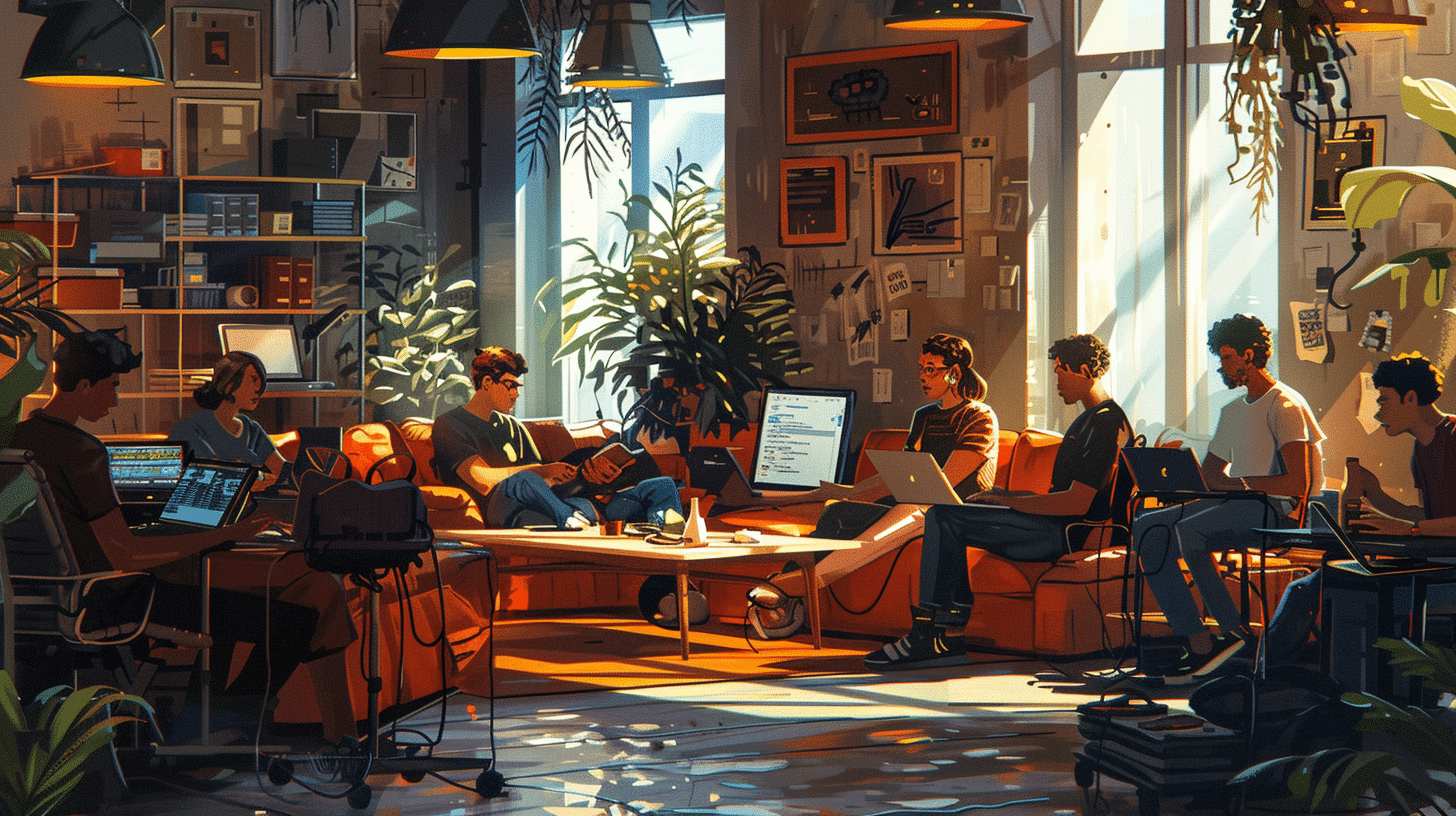Pick a language and start learning!
Form sentences with possessive adjectives Grammar Exercises for Romanian Language

Mastering possessive adjectives in Romanian is a crucial step in achieving fluency in the language. Possessive adjectives are essential for expressing ownership and relationships, and they vary depending on the gender, number, and formality of the noun they describe. For example, "my book" is translated as "cartea mea" for a singular feminine noun, while "my books" becomes "cărțile mele" in the plural form. Understanding these nuances will not only improve your sentence construction but also enhance your overall comprehension and communication skills in Romanian.
In these exercises, you will practice forming sentences using possessive adjectives, ensuring you become comfortable with their correct usage in different contexts. From indicating family relationships to describing personal belongings, these tasks will cover a wide range of everyday scenarios. Engaging with these exercises will help solidify your grasp of possessive adjectives, making your Romanian conversations more precise and natural. Prepare to dive into various exercises designed to challenge and refine your command of this important aspect of Romanian grammar.
Exercise 1
<p>1. Acesta este *câinele* meu (animal de companie).</p>
<p>2. Aceasta este *cartea* ta (obiect pe care îl citești).</p>
<p>3. Aceea este *mașina* lui (vehicul personal).</p>
<p>4. Acelea sunt *fotografiile* lor (imagini capturate cu o cameră).</p>
<p>5. Acesta este *laptopul* ei (dispozitiv electronic pentru lucru sau divertisment).</p>
<p>6. Aceasta este *creionul* nostru (instrument de scris).</p>
<p>7. Aceea este *casă* voastră (locuință).</p>
<p>8. Acestea sunt *jucăriile* mele (obiecte de joacă pentru copii).</p>
<p>9. Aceasta este *haina* ta (îmbrăcăminte pentru exterior).</p>
<p>10. Acestea sunt *florile* lor (plante decorative).</p>
Exercise 2
<p>1. Cartea *mea* este pe masă (possessive adjective for "my" in feminine).</p>
<p>2. Prietenul *tău* vine mâine la cină (possessive adjective for "your" in masculine singular).</p>
<p>3. Pisica *lui* doarme pe canapea (possessive adjective for "his" in singular).</p>
<p>4. Florile *ei* sunt foarte frumoase (possessive adjective for "her" in feminine plural).</p>
<p>5. Copiii *lor* sunt la școală (possessive adjective for "their" in plural).</p>
<p>6. Telefonul *nostru* s-a stricat (possessive adjective for "our" in masculine singular).</p>
<p>7. Cărțile *voastre* sunt pe raft (possessive adjective for "your" in plural).</p>
<p>8. Pălăria *mea* este albastră (possessive adjective for "my" in feminine singular).</p>
<p>9. Fratele *tău* este medic (possessive adjective for "your" in masculine singular).</p>
<p>10. Mașina *lor* este parcată în fața casei (possessive adjective for "their" in singular).</p>
Exercise 3
<p>1. Aceasta este *cartea* mea (object you read).</p>
<p>2. Am întâlnit *prietenul* lui (male friend).</p>
<p>3. *Casa* noastră este mare (home).</p>
<p>4. *Câinele* vostru este prietenos (pet).</p>
<p>5. *Pisica* ei doarme pe canapea (pet).</p>
<p>6. *Telefonul* meu este pe masă (device for communication).</p>
<p>7. *Fratele* lor este student (sibling).</p>
<p>8. *Învățătoarea* ta este drăguță (teacher).</p>
<p>9. *Mingea* sa este roșie (object used in sports).</p>
<p>10. *Laptopul* nostru funcționează bine (computer).</p>






